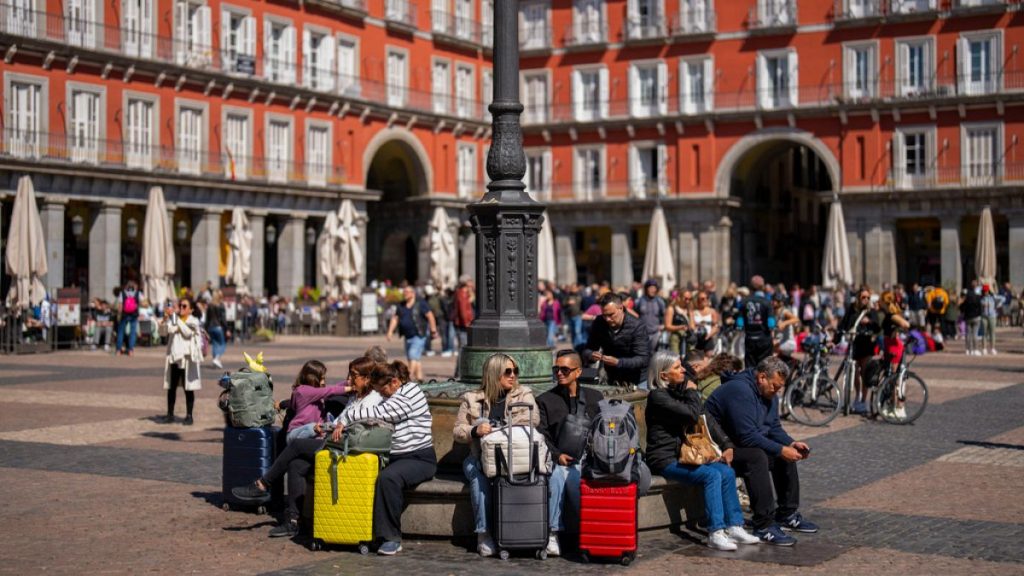The European Travel Information and Authorisation System (ETIAS) is set to become official in the first half of 2025, requiring travellers to complete an online application, provide personal details, answer security questions, and pay a €7 fee. This authorisation will be linked to the traveller’s passport and will be valid for three years or until the passport expires. This new system is part of the EU’s efforts to improve border security and will impact non-EU travellers visiting the Schengen Area, which includes most EU countries as well as Iceland, Liechtenstein, Norway, and Switzerland. Travellers from non-EU countries, including British tourists post-Brexit, will need to comply with ETIAS, with exceptions for children under 18 and adults over 70.
Flora, a British traveller and mother of two young children, expressed frustration with the additional paperwork required by the new ETIAS system. She and her partner, Alexander, currently on a staycation in the UK, find the new requirements to be a hurdle that adds complexity to their travel plans. Despite being a proponent of remaining in the EU, Flora acknowledges that the changes are a reality of the Brexit vote in 2016 and the resulting need for more stringent border security measures. The new EU Entry/Exit Scheme, which launches on 10th November, will also affect Brits and add to the complexity of travel procedures.
Rob Staines, an independent travel expert, highlighted the impact of the ETIAS system on British travellers, calling it a reality of post-Brexit travel. He emphasized that the EU’s desire to strengthen their borders through additional red tape and complexity is understandable, even if it comes at a cost. Staines believes that despite the new measures, British tourists will continue to visit Europe, with over 17 million Brits visiting Spain last year alone. He sees the ETIAS system as a way for the EU to ensure that people do not overstay their welcome and to protect their borders, ultimately making Europe a safer destination for travellers.
Staines also noted that the UK’s Labour government is working to repair relationships with the EU post-Brexit and create a better situation for travellers. While the new system may make travel harder and slightly more expensive, there is uncertainty about the future implications of these changes. The grace period of at least six months when ETIAS is first introduced will give travellers time to adjust to the new system, but early application is recommended to avoid any travel disruption. Despite the additional paperwork and fees, it is likely that British tourists will not be deterred from visiting Europe, as the benefits of travel to the continent outweigh the inconveniences of the new requirements.


